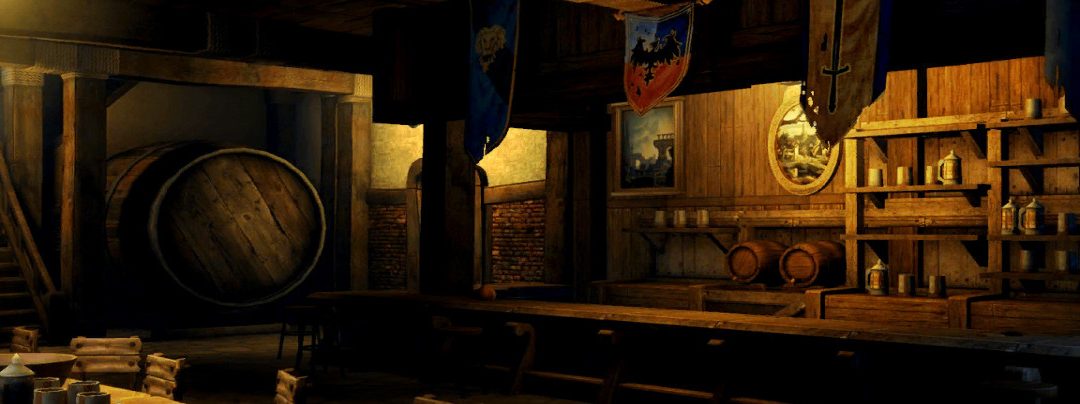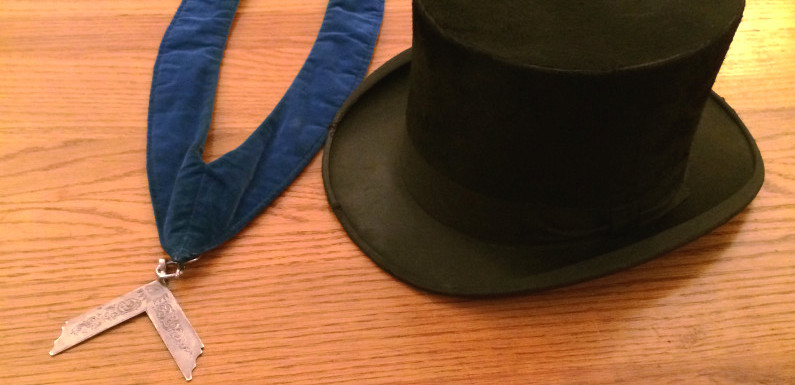
Their First Lecture
What you get out of Freemasonry depends not on the Craft, but in what you are willing to seek, and to work toward. Watching the degrees can be as impactful as receiving them for the first time, if one looks hard enough.

What you get out of Freemasonry depends not on the Craft, but in what you are willing to seek, and to work toward. Watching the degrees can be as impactful as receiving them for the first time, if one looks hard enough.

Freemasonry is the oldest, and by far, the largest fraternal order in the world. Its lodges stretch around the globe, and like the British Empire, it might well be said that the sun never sets upon the Masonic lodge.

Few should be surprised to learn that the early history of the Masonic Fraternity was spent in taverns. The Craft met, as did virtually every other club and society of the day, in local inns.

The Master of a lodge is not only its leader, but more importantly he is its greatest servant. As such, he has an obligation to serve his lodge and his brethren, not for his own glory and honor, but for the good of the lodge.

Freemasonry as we know it today came into being in the early 1700s, when the first Grand Lodge of England was formed, but what came next?

Recently passed to the Degree of Fellowcraft, Brother Zaro explores the lessons and symbolism taught to him in that degree, and how they relate to a practical application of our lessons.